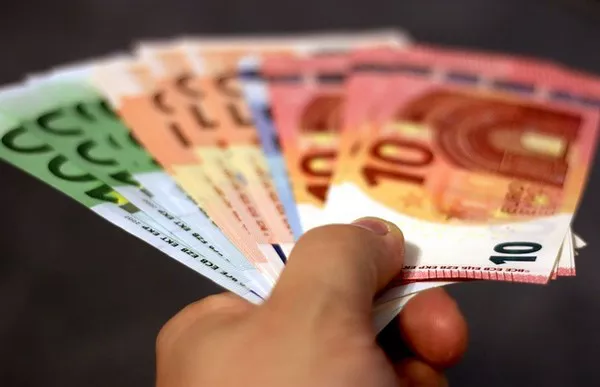The euro, as the official currency of the Eurozone, plays a significant role in global finance and commerce. Investors worldwide often consider buying euros as part of their investment strategy. However, determining the optimal timing for such an investment requires a thorough analysis of various factors, including exchange rates, economic indicators, political climate, historical performance, expert insights, buying strategies, risk assessment, alternative investments, FAQs, and a how-to guide.
Current Exchange Rates
As of [current date], the euro stands at [current exchange rate] against the US dollar (EUR/USD), [exchange rate against other major currencies]. Exchange rates are subject to fluctuation due to various economic and geopolitical factors, making it crucial for investors to stay updated on market trends.
Economic Indicators
Several economic indicators influence the value of the euro. GDP growth, inflation rates, and employment statistics are among the most significant. For instance, robust GDP growth typically strengthens a currency, while high inflation rates may weaken it. Additionally, low unemployment rates indicate a healthy economy, which can positively impact the euro’s value.
Political Climate
Political events within the Eurozone can significantly affect the stability and value of the euro. Factors such as elections, government policies, and geopolitical tensions can create volatility in the currency markets. For instance, uncertainty surrounding Brexit negotiations or political instability in member countries may lead to fluctuations in the euro’s value.
Historical Performance
Examining the euro’s historical performance provides valuable insights into its current valuation. Over the years, the euro has experienced periods of strength and weakness against other currencies. Analyzing historical trends can help investors identify patterns and make informed decisions about whether to buy euros.
Expert Analysis
Financial experts offer valuable insights into the euro’s short-term and long-term prospects. Their analysis considers various factors, including economic data, geopolitical events, and market sentiment. While some experts may recommend buying euros based on positive indicators, others may advise caution due to potential risks.
Buying Strategies
When considering buying euros, investors should adopt appropriate buying strategies to minimize risks and optimize returns. Dollar-cost averaging involves investing a fixed amount of money at regular intervals, allowing investors to average out market fluctuations over time. Alternatively, timing the market involves closely monitoring exchange rates and executing trades when the euro’s value is favorable.
Risk Assessment
Currency trading carries inherent risks, including exchange rate fluctuations, geopolitical uncertainties, and economic downturns. To mitigate these risks, investors should diversify their portfolios, set stop-loss orders, and stay informed about market developments. Additionally, carefully assessing the potential risks and rewards of buying euros is essential for making informed investment decisions.
Alternative Investments
While buying euros is one investment option, investors may also consider alternative investments to diversify their portfolios. Options include investing in stocks, bonds, commodities, or other currencies. Each investment has its unique risks and potential returns, and investors should carefully evaluate their investment objectives and risk tolerance before making decisions.
FAQs
Q: Is now a good time to buy euros?
A: The answer depends on various factors, including your investment goals, risk tolerance, and market conditions. It’s essential to conduct thorough research and consult with financial experts before making any investment decisions.
Q: Can I buy euros through my bank?
A: Yes, many banks offer foreign exchange services that allow customers to buy and sell currencies, including euros. However, banks may charge fees or offer less competitive exchange rates compared to specialized currency exchange platforms.
How-To Guide
Research and Analysis: Before buying euros, conduct research on current market trends, economic indicators, and geopolitical events that may impact the currency’s value.
Choose a Platform: Select a reliable currency exchange platform or brokerage that offers competitive exchange rates and low fees.
Fund Your Account: Deposit funds into your chosen platform using a bank transfer, credit/debit card, or other accepted payment methods.
Place an Order: Specify the amount of euros you wish to buy and execute the trade through your chosen platform.
Monitor Your Investment: Keep track of exchange rates and market developments to make informed decisions about when to buy or sell euros.
Consider Professional Advice: If you’re unsure about the best approach to buying euros, consider seeking advice from a financial advisor or currency trading expert.
See Also Is EU Inflation Slowing Down?
In conclusion
buying euros can be a viable investment strategy for diversifying portfolios and potentially generating returns. However, investors should carefully evaluate market conditions, consider alternative investments, and adopt appropriate buying strategies to minimize risks and optimize returns. By staying informed and following best practices, investors can make sound decisions when buying euros.


